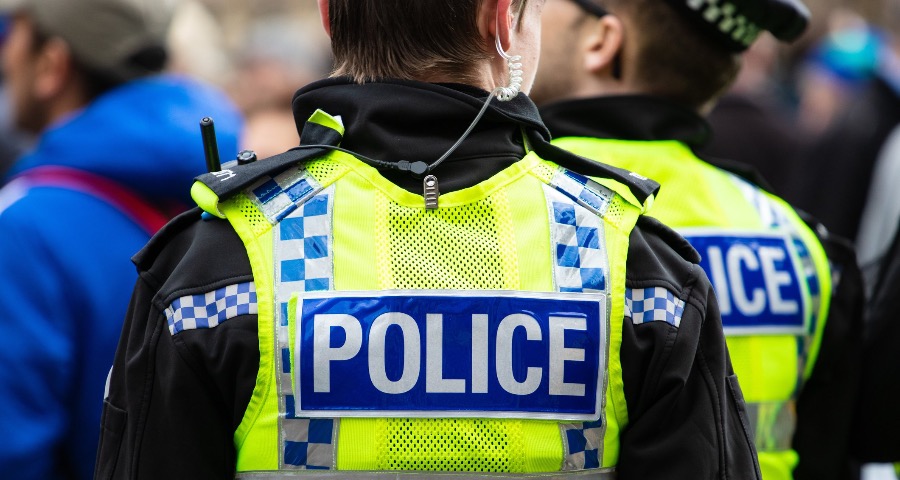
Britain's antitrust watchdog said on Wednesday it would restrict how much Motorola Solutions Inc (MSI.N) could charge the emergency services to use its radio network, Airwave.
The U.S.-based walkie-talkie maker said it disagreed with the regulator's decision and would appeal it.
"We are generally reluctant to impose price controls, but the particular circumstances of this case mean that a price cap is the only effective way of ensuring the emergency services, and the taxpayers who fund them, aren’t paying considerably over the odds," said Martin Coleman at the Competition and Markets Authority (CMA).
The price cap will limit how much Motorola can charge to a level that would apply in a "well-functioning, competitive" market, bringing to an end the estimated 200 million pounds ($249.8 million) per year of over-charging, the CMA said in a statement.
"We believe this unprecedented overreach will have a chilling effect on long-term investment and contracting with the UK government," Motorola Solutions said.
Motorola bought Airwave - the private mobile radio communications network that the police, fire, ambulance and other emergency services use to communicate securely - in 2016.
Emergency services have no choice but to rely on Airwave as a new Emergency Services Network (ESN) is not expected to be ready for switchover until at least 2026, and more likely 2029.
Airwave was originally commissioned by the Home Office through an open procurement exercise in 2000, and was expected to be shut down and replaced by the ESN when the contract ended.
The regulator added that there will be a review in 2026, but the cap has been set to apply to the end of 2029.